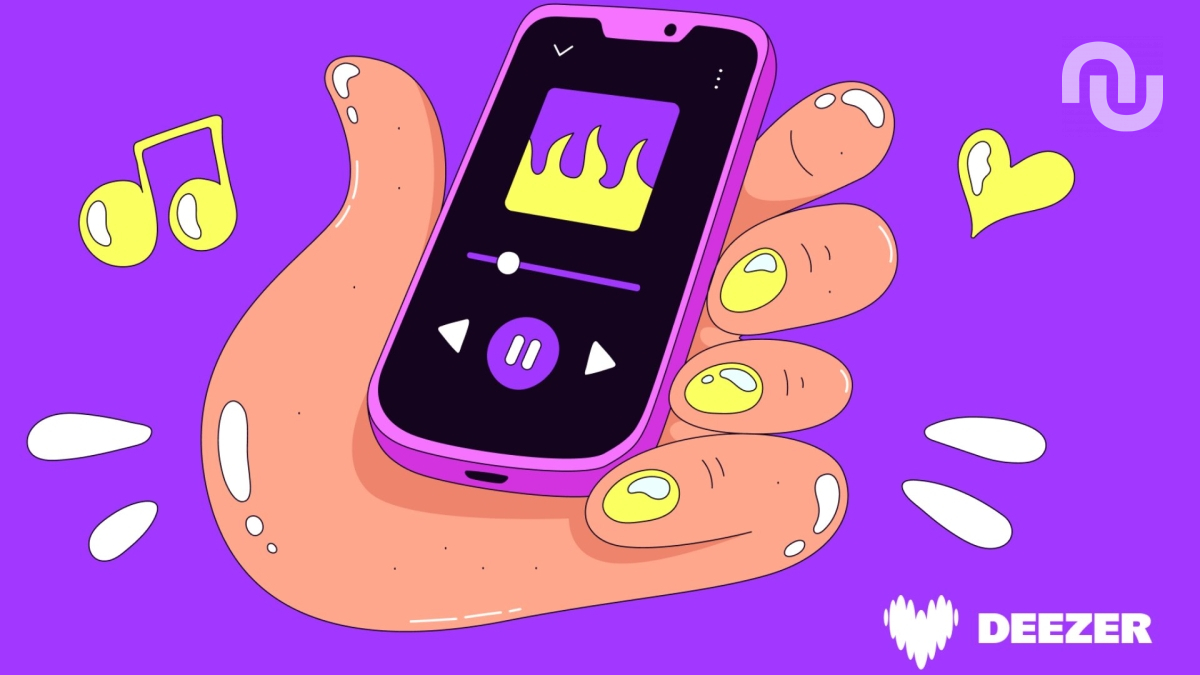Satirical singer-songwriter Tom Lehrer died Saturday at age 97. The Associated Press notes Lehrer had long ago "largely abandoned his music career to return to teaching math at Harvard and other universities."
Lehrer had remained on the math faculty of the University of California at Santa Cruz well into his late 70s. In 2020, he even turned away from his own copyright, granting the public permission to use his lyrics in any format without any fee in return.
A Harvard prodigy (he had earned a math degree from the institution at age 18), Lehrer soon turned his very sharp mind to old traditions and current events... He'd gotten into performing accidentally when he began to compose songs in the early 1950s to amuse his friends. Soon he was performing them at coffeehouses around Cambridge, Massachusetts, while he remained at Harvard to teach and obtain a master's degree in math. [Lehrer also "spent several years unsuccessfully pursuing a doctorate..."]
He cut his first record in 1953, "Songs by Tom Lehrer"... After a two-year stint in the Army, Lehrer began to perform concerts of his material in venues around the world. In 1959, he released another LP called "More of Tom Lehrer" and a live recording called "An Evening Wasted with Tom Lehrer," nominated for a Grammy for best comedy performance (musical) in 1960. But around the same time, he largely quit touring and returned to teaching math, though he did some writing and performing on the side. Lehrer said he was never comfortable appearing in public...
He did produce a political satire song each week for the 1964 television show "That Was the Week That Was," a groundbreaking topical comedy show that anticipated "Saturday Night Live" a decade later. He released the songs the following year in an album titled "That Was the Year That Was"... [Lehrer's body of work "was actually quite small," the article notes, "amounting to about three dozen songs."] He also wrote songs for the 1970s educational children's show "The Electric Company." He told AP in 2000 that hearing from people who had benefited from them gave him far more satisfaction than praise for any of his satirical works...
He began to teach part-time at Santa Cruz in the 1970s, mainly to escape the harsh New England winters. From time to time, he acknowledged, a student would enroll in one of his classes based on knowledge of his songs. "But it's a real math class," he said at the time. "I don't do any funny theorems. So those people go away pretty quickly."


Read more of this story at Slashdot.



